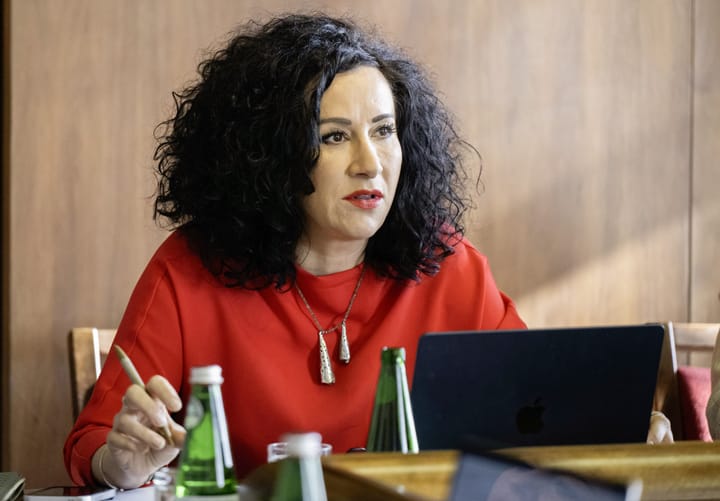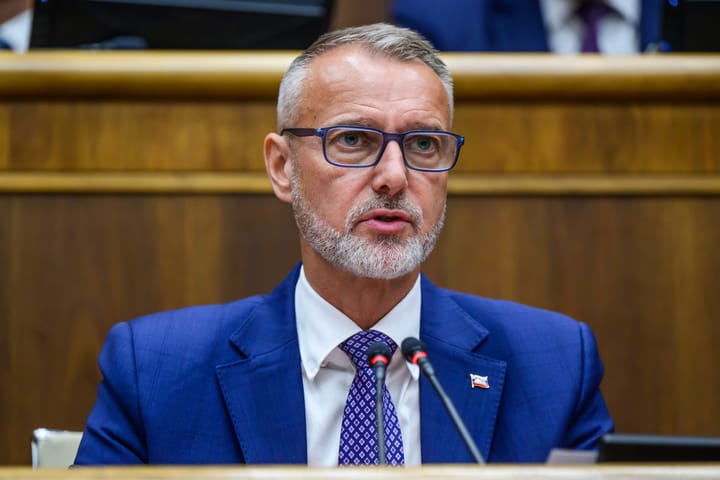Heger: Too Much Emotion in Discussion on Inflation

Bratislava, April 13 (TASR) – When it comes to the issue of inflation, there’s too much emotion in the discussion, bordering on panic, which narrows down the space for rational thinking, Prime Minister Eduard Heger (OLaNO) has stated on his Facebook account, adding that the focus should be on tackling essential challenges.
According to Heger, national governments today have to address two key challenges. “I deliberately say governments because the rise in inflation is driven by global factors,” he stressed.
“The first challenge is that we must not take measures that would accelerate price rises. We must avoid the phenomenon called the inflationary spiral,” Heger opined. In the budgetary policy, he said, this means that the government must rein in spending because pumping money into the economy in a given situation only adds to inflation.
The second challenge, according to the prime minister, is that the government must help those individuals and families who are most vulnerable to price rises. “We have put the brakes on rising energy prices for households, which is an across-the-board measure. We still have a task ahead of us to help people in need. I stress the ‘in need’ part, because subsidising family budgets across the board would spin an inflationary spiral and drive us into ever greater difficulties,” Heger stated. In this area, he said, the governing coalition in Slovakia is close to reaching a solution to the problem and will soon present it to the public.
Last week, Labour Minister Milan Krajniak (We Are Family) presented a proposal according to which state aid to people in need should reach approximately €133 million. The aid is to be divided among three groups of people: families in material need (€5.8 million), families with children (€101.7 million) and low-income individuals without children (€25.5 million).
On Tuesday, following the Cabinet session, Krajniak said that the coalition has come closer to an agreement in the negotiations on the financing of the proposed allowances for the groups most at risk.



